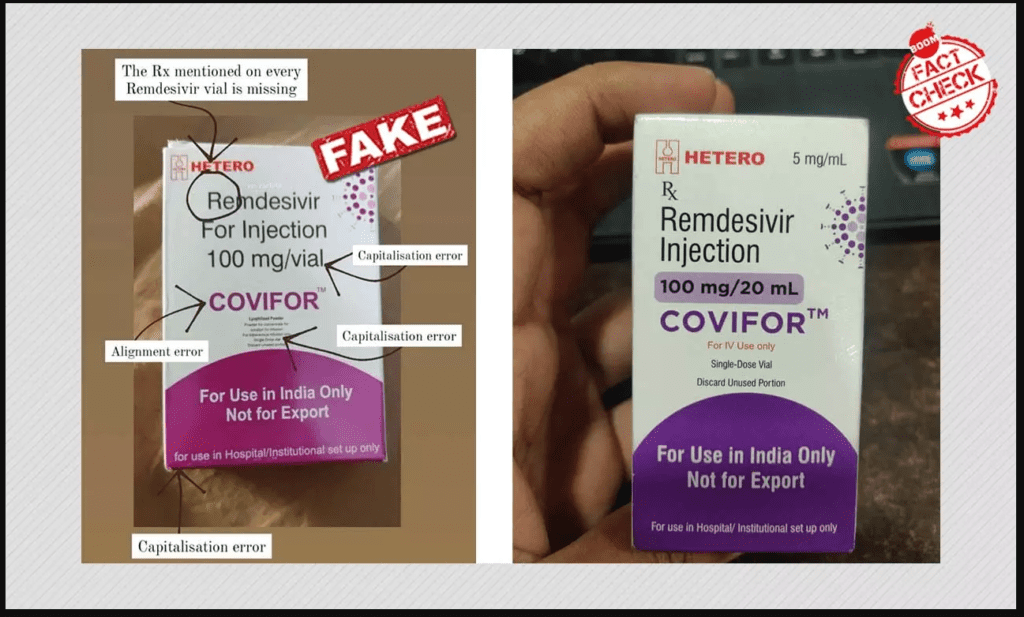Canadian drug importation – What’s the state of the issue in June 2021?
A number of people have inquired with PSM recently about what’s going on with Canadian drug importation.
To recap: last year the Trump Administration finalized a federal rule that would permit state and tribal Canadian drug importation programs. PSM, the trade association PhRMA, and the Council for Affordable Healthcare, filed in federal court challenging the rule. At the end of last week, the Gov’t filed a motion to dismiss the lawsuit claiming that “possible future injuries to Plaintiffs’ members are overly speculative and not imminent.” Since we’re a party to the lawsuit, I’m not going to speak about that motion.
At the same time the Gov’t opposed the suit, Gov. Ron DeSantis (FL), one of the two states that has a pending application with HHS to start importing Canadian medication, held a press conference at a large empty warehouse that DeSantis says is ready to receive shipments of Canadian medication as soon as the federal government approves Florida’s importation plan.
Based on the schedule of deliverables of the contract Florida has with it’s vendor, they have probably already completed deliverables worth $8.9 million and likely paid that vendor.
The dangers of Florida’s program remain:
There is no Track and Trace in Canada like there is in the U.S.
As of today, medicine that comes off a factory floor for American patients has a serial number on it that allows traceability. Congress required this after Florida so poorly regulated their wholesale market that counterfeit medicines without enough active ingredients spread throughout the U.S. from Florida harming patients nationwide. Any medicine purchased from a Canadian wholesaler will be suspect because we can’t trace it back to the factory floor. Canada has no Track and Trace system.
Florida has proposed slapping a barcode on medicine they buy from Canada and calling it Track and Trace, but it is not. This medicine is inherently less safe than the medicine made for the U.S. market because there’s no way to know if it really came from the factory.
Counterfeiters have grown even bolder through the pandemic
We’ve seen counterfeiters selling fake masks, fake surgical gloves, and fake COVID tests all over the U.S. Outside the U.S. we’ve seen fake vaccines in Poland, China, and Mexico, and fake therapeutics like the fake Remdesivir recently found in India shown here.

Fake Remdesivir has become widespread enough in India that this blog published a guide to detecting it by looking at the package.
In Canada, two different criminal gangs were caught faking pharmacy-sized packaging for their counterfeit medicines. It has not been detected in the legitimate Canadian supply chain yet.
This seems like a terrible time to go “on the honor system” with wholesalers in Canada that may not even be able to be forced into U.S. courts if their failures hurt American patients.
Few people know that a wholesaler in Canada was caught distributing counterfeit cancer medications to U.S. patients in the last few years. How we can assume it’s suddenly safe to do this again seems ludicrous.
Florida does not seem to take federally mandated testing for fakes seriously
When Florida was passing their Canadian importation program through the legislature they swore they would do lots of testing:
“So if Canada imports a drug from another country and then they come to Florida, we will inspect every batch … And of course members, that’s part of U.S. Law. We’re not going to violate any part of U.S. law or Canada law to implement this program.” Statement by Senator Bean at March 25, 2019 hearing at ~01:20:30
“So we’re having labs open it, test it, take it apart, look at it, do analytics to test its potency, its reliability, to make sure it hasn’t been tampered with at all.” Statement by Senator Bean at April 18, 2019 hearing at ~02:20:50
Then, when they filed their application with HHS, they changed their mind. In its submission to HHS the state of Florida asserts that it will “not be necessary to perform statutory testing” on imported drugs.
It seems Florida’s commitment to safety is quite transient, which is of great concern given the fact that…
There is no liability protection for pharmacists or patients who dispense or receive counterfeit medicines
Florida legislators specifically rejected proposals to create a victim’s compensation fund for patients hurt by counterfeits brought in through this program. Additionally, they have never addressed the concerns pharmacies have about their own liability if they end up inadvertently dispensing counterfeit medications that hurt patients under this program.
Florida appears ready to do imminent harm to patients by buying medicine from unsafe sources whose provenance they cannot verify and they seem unwilling to test thoroughly. They will subsequently throw up their hands when some of it turns out to be fake and patients are hurt and pharmacies are dragged into liability litigation.
There are ideas on the table that can reduce the price of medicine without sacrificing safety, Canadian drug importation is not one of them.
